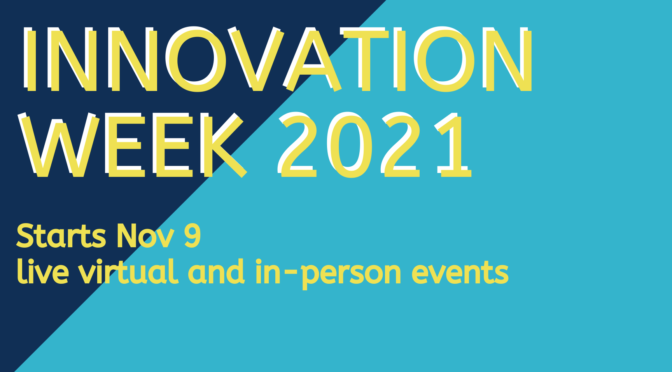This month, the All Staff Council Recognition Committee would like to highlight the staff of The President’s Office.
How many staff members are in the department? Just three: Marty, Cheryle, and Nate.
What is the primary function of the team? Our primary function is to support the President in any way we can.
Who has been with the team the longest, and what is their job title and length of employment? Cheryle Anania! She is the Assistant to the President and has been here longer than Marty & Nate as she has been at Drake since April 2012.
Who is the newest team member, and what is their job title and month/year of start? Nate started at Drake in his current role as Chief of Staff in November of 2016. Nate also worked with Drake before that as a consultant starting in 2015.
What campus buildings do your team members “live” in? We are all normally in Old Main 211, but with the pandemic we’re a mix of working at home and in the office.
What are some recent challenges and accomplishments of note that others in the University might not know about? There’s so much to talk about here. Just drive down University Avenue to see all the progress. You’ll notice the new development across from Old Main, the Home2 Suites hotel and future retail, the new Harkin Institute, streetscape improvements, and the new Kum & Go gas station. Whew! On campus, we’re proud to launch the new Bright college all while keeping up with the challenges the pandemic has thrown our way. At the time of this writing, our COVID-19 case numbers are relatively low; which represents a mountain of work by so many. We’re proud of what’s been accomplished in this “unique” semester.
Anything else noteworthy/interesting/special about your department that bears mentioning? We’re fortunate that we all have a similar outlook on things: we don’t get too distressed regardless of what gets thrown at us. From unexpected visitors at the President’s Office, to boisterous phone calls, to all the issues Marty has to handle—we deal with what’s in front of us. It’s a good team.
— Amelia Klatt, Alumni Relations/All Staff Council

